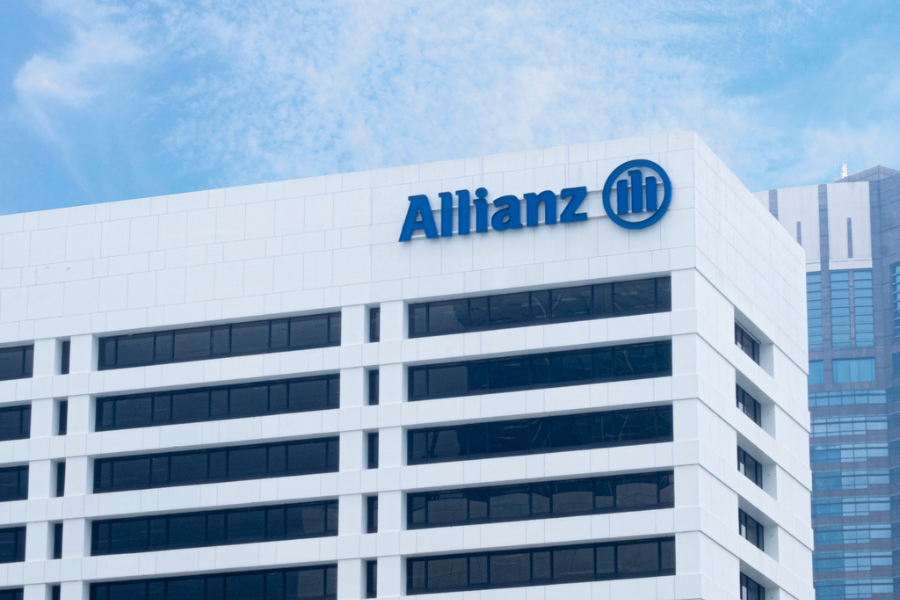

Allianz SE reported higher profit for the first quarter amid inflows at its bond manager Pacific Investment Management Co.
Group operating profit climbed 6.8% to €3.99 billion ($4.3 billion), driven by better-than-expected results in property-casualty insurance, Allianz said Wednesday. Pimco attracted €32.4 billion from outside clients, the best quarter in about six years.
Allianz Chief Executive Officer Oliver Baete is relying on the asset management business, which also includes Allianz Global Investors, to diversify the company beyond insurance. After a challenging two years that saw some clients flee fixed-income securities, Pimco is now profiting from returning investor appetite for bonds as interest rates are expected to have peaked.
Shares of the insurer fell 1.5% at 9:56 a.m. in Frankfurt trading, with analysts at Citigroup Inc. pointing to a slight miss in the Solvency II ratio, a key measure of capital strength. The metric indicates an insurer’s ability to absorb losses. It stood at 203%, below analysts’ estimate of 206%.
“Solvency was a small miss,” Citigroup analysts James Shuck and Samant Singh wrote in a note.
Allianz aims to generate an operating profit of between €13.8 billion and €15.8 billion this year, a target it confirmed on Wednesday. The company is scheduled to lay out future strategic goals at a capital markets day in December.
In the asset management business, operating profit was up 7% in the first quarter of this year. In property-casualty insurance, profit climbed 10% on higher prices and low claims, while life-health insurance saw a 0.5% gain that was in line with analysts’ estimates.
“We continue to see very good momentum in terms of net inflows at Pimco in April and mid-May,” Chief Financial Officer Claire-Marie Coste-Lepoutre said in an interview with Bloomberg TV.
Pimco last year started to recover from €75 billion in outflows it suffered in 2022 following a global bond rout. The manager recorded inflows in each of the first three quarters of 2023, before clients pulled €3 billion in the three months through December.

A new proposal could end the ban on promoting client reviews in states like California and Connecticut, giving state-registered advisors a level playing field with their SEC-registered peers.

Morningstar research data show improved retirement trajectories for self-directors and allocators placed in managed accounts.

Some in the industry say that more UBS financial advisors this year will be heading for the exits.

The Wall Street giant has blasted data middlemen as digital freeloaders, but tech firms and consumer advocates are pushing back.

Research reveals a 4% year-on-year increase in expenses that one in five Americans, including one-quarter of Gen Xers, say they have not planned for.
Orion's Tom Wilson on delivering coordinated, high-touch service in a world where returns alone no longer set you apart.
Barely a decade old, registered index-linked annuities have quickly surged in popularity, thanks to their unique blend of protection and growth potential—an appealing option for investors looking to chart a steadier course through today's choppy market waters, says Myles Lambert, Brighthouse Financial.
